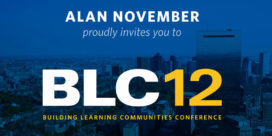How technology has changed our idea of ‘knowledge,’ and what this means for schools
While technology hasn’t transformed education to this point, it definitely has transformed learning, researcher David Weinberger argues—and this shift has important implications for educators.

